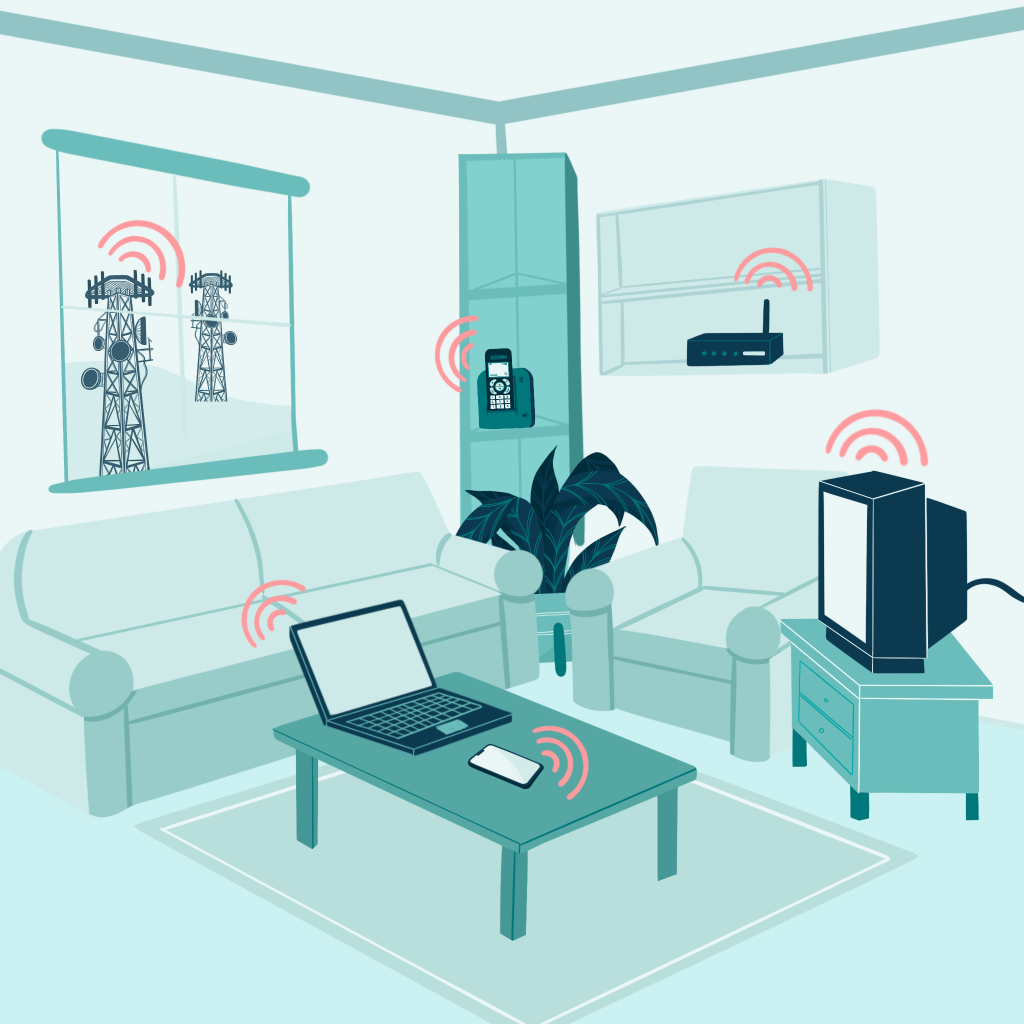In 1952, a massive ecological disaster known as the Great Smog struck London. This resulted from coal-fuelled furnaces and factories’ emissions covering the city, causing heavy smog, leading to about 12,000 deaths within a few days. The unfortunate incident portrayed the importance of urban areas monitoring and improving atmosphere property. Today, public health concerns are still on the rise due to the continuing impact of climate change impact, rapid urbanization effects, and the presence of diverse indoor and industrial pollution sources. These problems can only be addressed in human health through effective measures for controlling air pollution and sustainable development activities.

Interesting fact about modern devices to improve air quality
Technology has revolutionized how people purify the atmosphere in their residential and commercial premises. Some of the main technologies in atmosphere purification include:
HEPA Filters
HEPA filters are reliable in removing small items like soil particles, pollen, and animal fur from the atmosphere. These filters can trap even a 0.3-micron particle with high efficiency, leading to a great development in atmospheric properties.
Ionizers
Ionizers let go of negatively charged ions that combine with tiny atmospheric substances, allowing them to adhere through conglomeration and drop off the air. This reduces allergens and pollutants and develops the air's cleanliness.
Heat Recovery Ventilation Systems
These systems exchange indoor and outdoor atmospheres while recovering heat energy, maintaining comfort levels without compromising atmosphere quality. They enhance ventilation efficiency and help regulate humidity levels, promoting a healthier indoor environment and supporting sustainable development efforts. Apart from removing dirt, these latest tools also conserve the right humidity and air quality. When used in homes or office buildings, they make the interiors clean and hygienic, promoting people's health and productivity.
How to improve air quality with devices and measures
Modern environments require effective strategies and technologies for improving air properties. Air purifiers fitted with HEPA filters, advanced purification systems, ventilation, and the use of plants indoors are key. These solutions mitigate indoor pollutants, enhance atmosphere freshness, and promote healthier living and working environments.

Using Air Purifiers
HEPA filters, which are also known as high-efficiency particulate air purifiers with activated carbon, are very useful in improving the quality of the atmosphere. They are famous for their capacity to trap tiny particles like pollen grains, mold spores, and other pollutants whose size is up to 0.3 microns. This feature enables them to promote better lung health by purging the atmosphere of respiratory allergens and irritants, thereby reducing allergic manifestations. They are especially beneficial in urban areas where natural sources of pollution like dust and pollen can affect the property of the atmosphere.
Additional Features
Advanced atmosphere purifiers have ionizers and UV lamps. Ionizers liberate negatively charged ions, which draw and nullify flying contaminants, to add a purification sheet. Moreover, UV lamps aid in sterilizing the atmosphere by eradicating bacteria and viruses, thereby making the inside environment cleaner, healthier, and safer.
Comprehensive Air Purification
Taken together, these technologies provide full atmosphere purification solutions, keeping the environment healthy. They have become essential in maintaining good air quality by efficiently getting rid of dirt and improving air freshener.
Examples of the use of measures to improve air quality
Addressing air pollution control strategies has become a critical priority. Here are some effective measures and technologies employed to enhance atmosphere property:
- Stringent Emission Standards: These standards work towards the reduction of emissions of substances like particulate matter (PM), nitrogen oxides (NOx), and volatile organic compounds (VOCs).
- Public Spaces with Air Purifiers include schools, hospitals, and transportation hubs where air purifying systems can be installed to remove harmful pollutants from the environment and make it cleaner for both occupants and the public.
- Heat Recovery Ventilation Systems: Heat recovery ventilation (HRV) systems improve the atmosphere in residential buildings by exchanging the stuffy interior atmosphere with a fresh outside atmosphere while preserving heat, reducing the need for energy-expensive heating or cooling.
- Air Purification Plants: Other plants like peace lilies and spider plants that do a good job of removing benzene, formaldehyde, and ammonia toxins from the indoor atmosphere can generally be used to improve atmosphere property.
- Advanced Filters and Emission Reduction Technologies. Modern manufacturing plants employ sophisticated filtration systems and industrial emissions reduction technologies. They include electrostatic precipitators, catalytic converters, and scrubbers that can seize pollutants before release into the atmosphere.
Statistics show that all of them are crucial in mitigating air pollution and its environmental consequences of ensuring healthy living environments. When cities and communities adopt these measures, they can achieve a cleaner atmosphere and safeguard public health.
A Comprehensive Air Quality Monitor
The Milerd Aero Q4 is a versatile radon gas and air quality analyzer designed for both residential and commercial settings. It accurately measures radon concentrations, humidity levels, and temperature within spaces, ensuring a safe and healthy environment.

- Radon Gas Detection. The Aero Q4 has sophisticated radon gas detectors that ensure accurate and continuous monitoring of radon levels necessary to maintain indoor atmosphere property.
- User-Friendly Interface. This product also has an easy-to-use interface that enables users to monitor their environmental conditions in real time.
- Compact and Portable. The slim design allows the device to fit into any space, ensuring ease without interfering with its functionality.
- Durable Construction. The Aero Q4 is built with a long-lasting material, which guarantees its effectiveness even after years of operation.
Milerd Aero Q4 — Perfect for Living or Working Spaces. Milerd Aero Q4 optimizes atmosphere property for healthy living or working spaces in homes, offices, schools, and other environments.



Dejar un comentario
Este sitio está protegido por hCaptcha y se aplican la Política de privacidad de hCaptcha y los Términos del servicio.